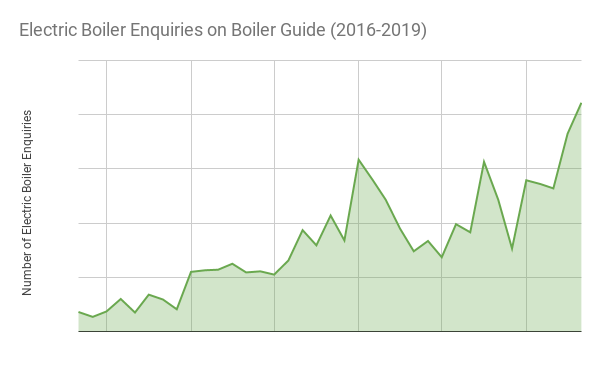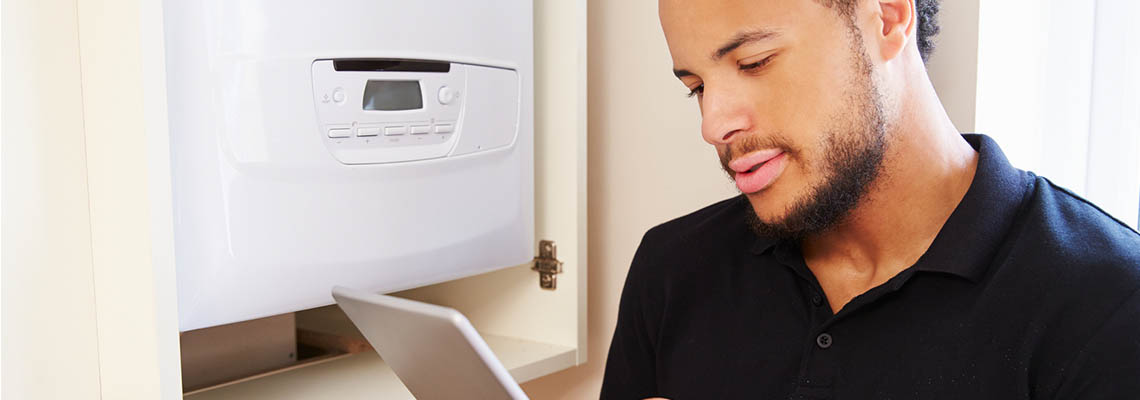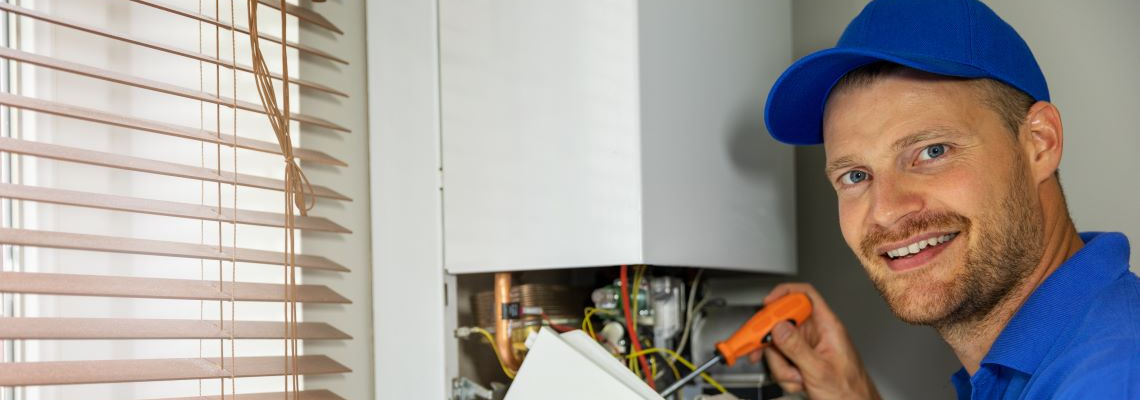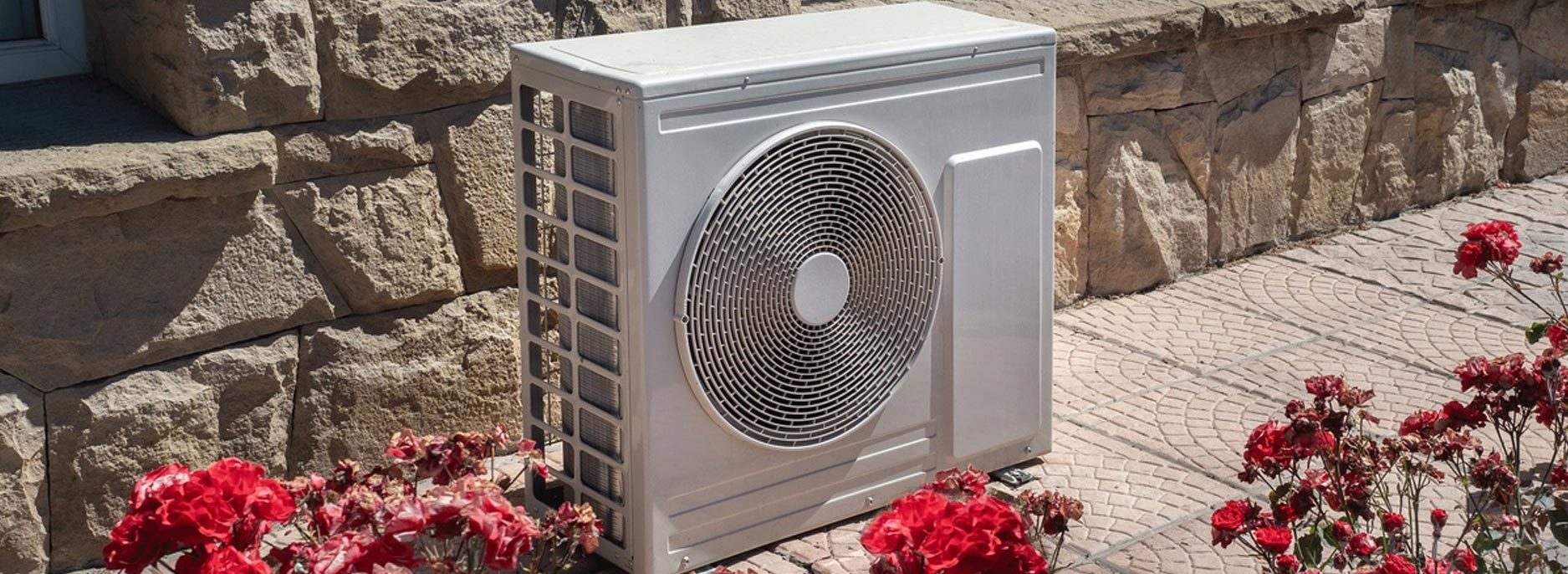By earning a qualification to work on electrical components, heating installers are to open themselves up to more work and not have to seek so much outside specialist help with electrics.
An increasing number of strategies are being laid out to reduce the impact we’re having on the environment, and with home heating making up a third of the UK’s carbon emissions, there could be a shift towards renewable heating systems. One such strategy is that gas boilers will be banned in new build homes from 2025.
The gas boiler ban could see more new builds be fitted with electric boilers or heat pumps and a rise in the interest of electric boilers is something we’re already seeing here at Boiler Guide.
Our Boiler Guide website, which matches consumers with local heating engineers, has seen a 1,072% increase in the number of people looking for an installer to fit an electric boiler between May 2016 and May 2019 – as shown in the table below.

So, should heating installers consider earning an electrical qualification?
Well, the Managing Director of Electrician Courses 4U, Nigel Best believes so, telling Installer Online: “Whichever way you look at it, subbing out the electrical part of a job can bring with it a lack of quality control that can prove frustrating for you, potentially compromise your reputation and risk antagonising a good customer through no fault of your own.
“Beyond these short term advantages, adding electrical skills to your business will expand the services that you provide to your customers. It will allow you to cover for any business shortfall in your heating and plumbing work that you encounter and give you the chance to balance that with electrical work that you can do, sometimes for the very same customers.
“By offering a more complete service for the home you can make your business more resilient to the tough times and pick up more work from existing and new customers.”
Benefits of earning an electrical qualification
There are a number of advantages a heating installer with an electrical qualification can have over the competition:
- Be able to offer a wider range of services to existing and potential customers;
- Gives you more options during the slower periods of the year;
- No need to wait for an electrician to complete a job.
As well as the above, you can be confident that the job is being completed to your high standards, rather than having to rely on outside help.
Earning an electrical qualification
For a heating installer to carry out work on electrical parts, you will need to earn a Level 3 VRQ from City & Guilds or EAL (Excellence, Achievement & Learning).
Electrician Courses 4U offer a course that will earn you a Level 3 VRQ, which is carried out over 20 days in a training centre.





